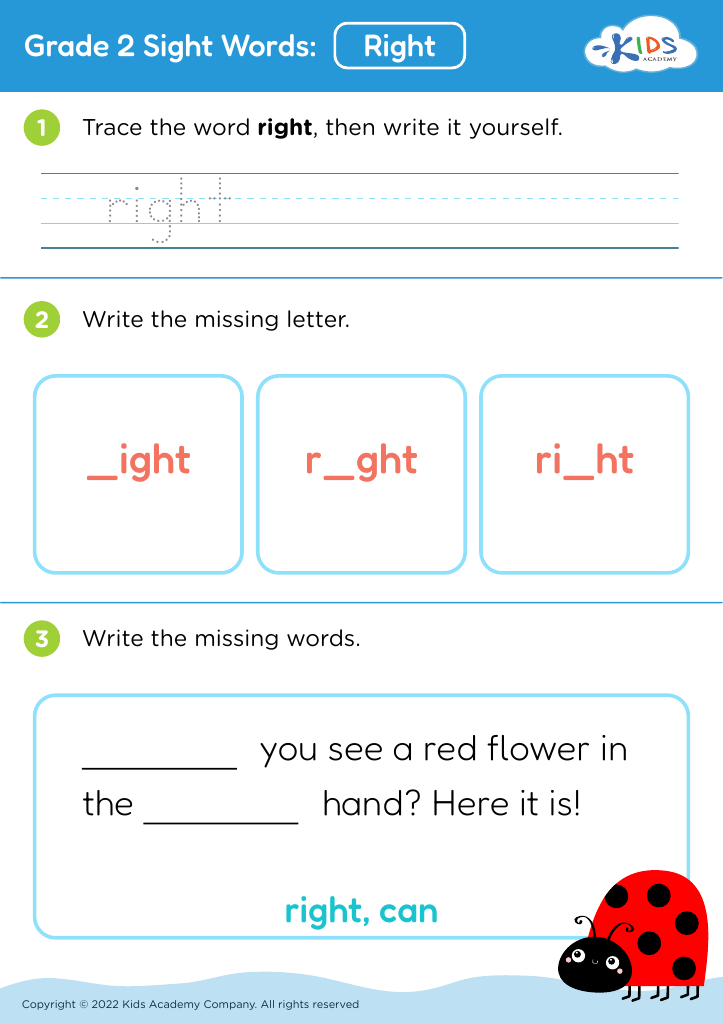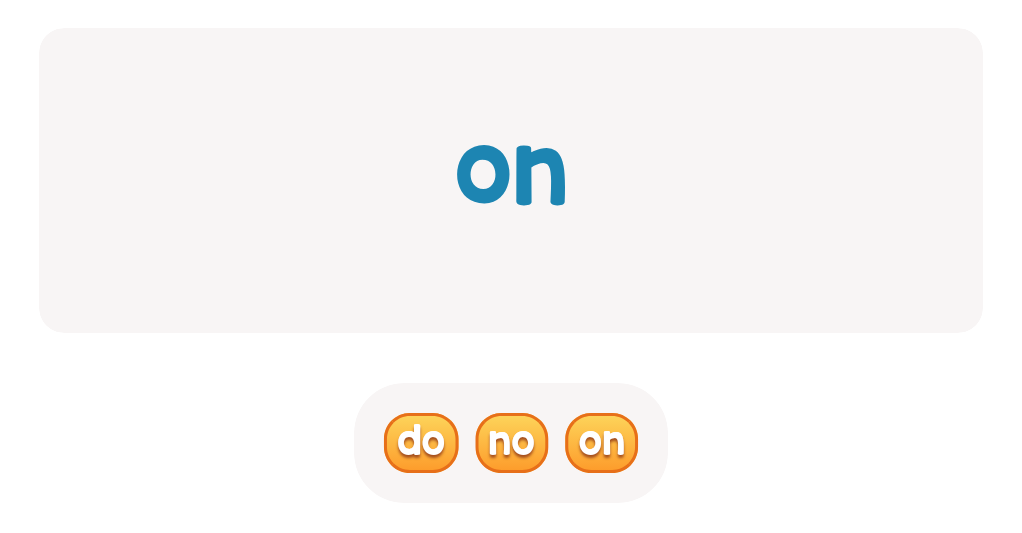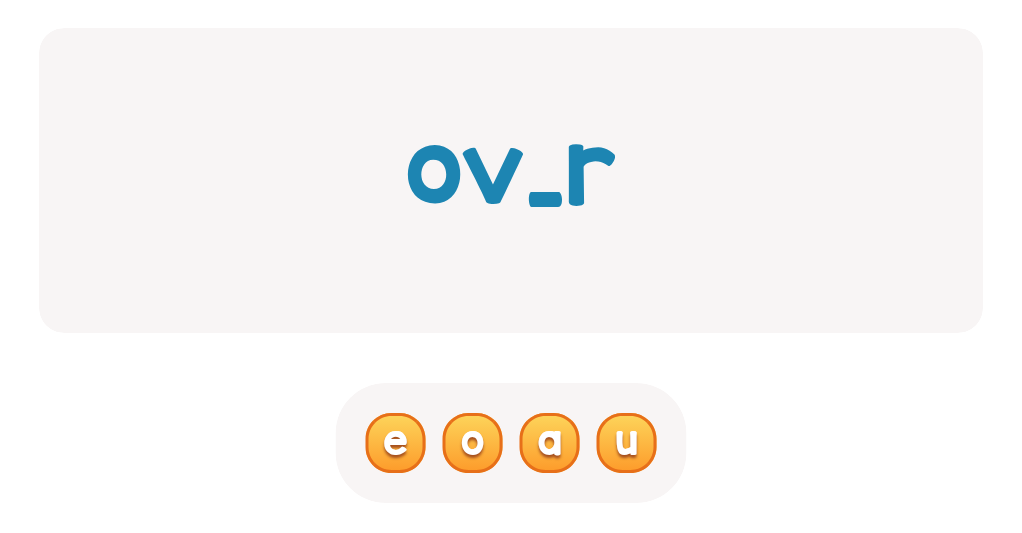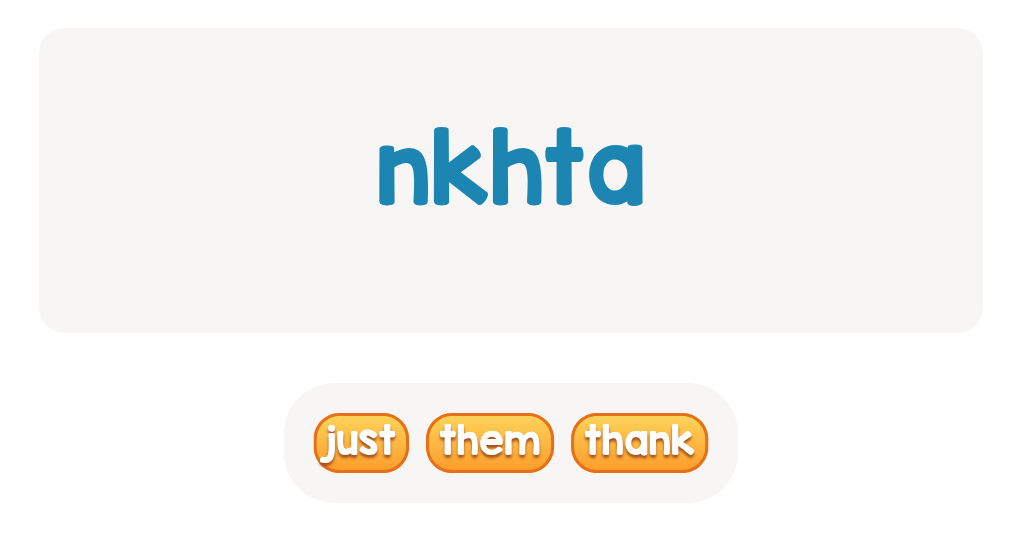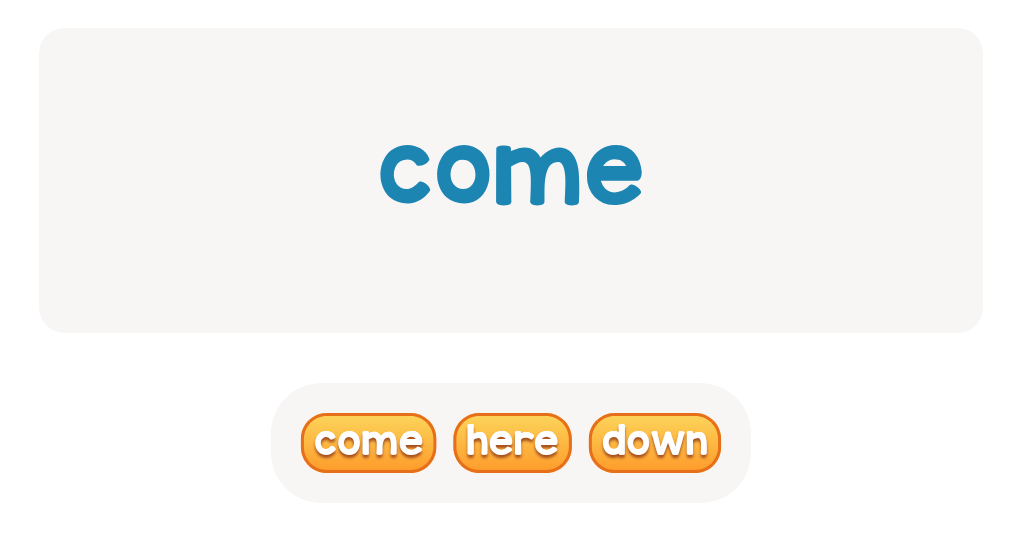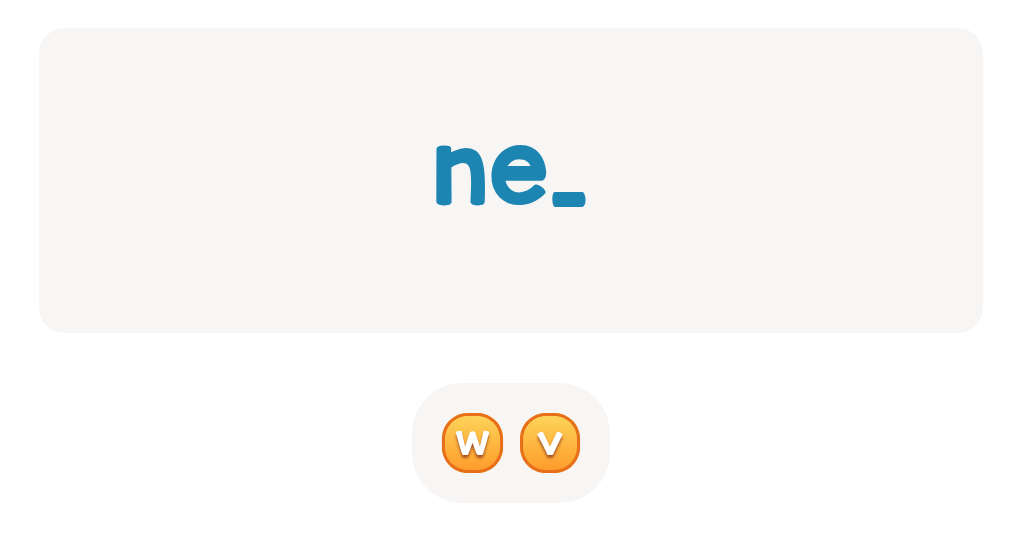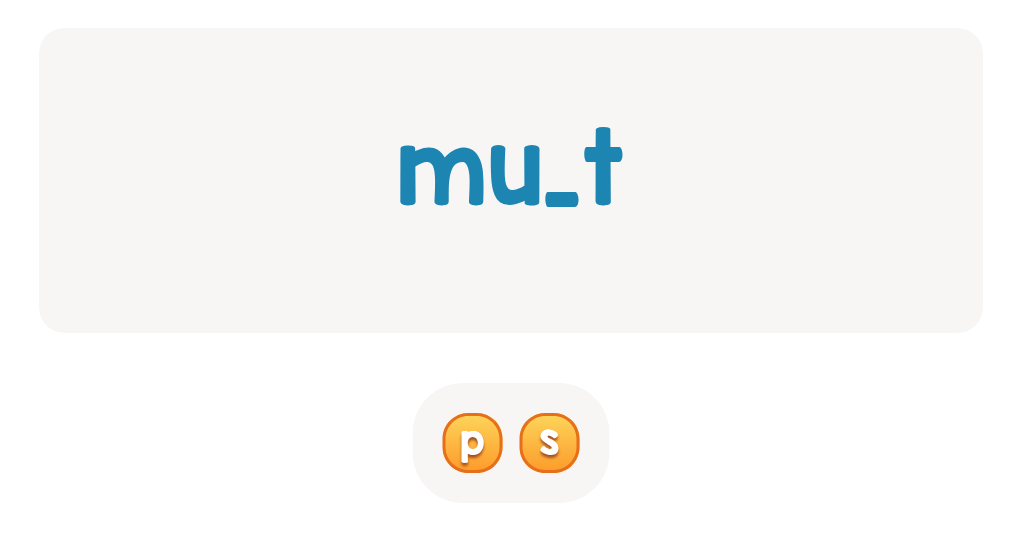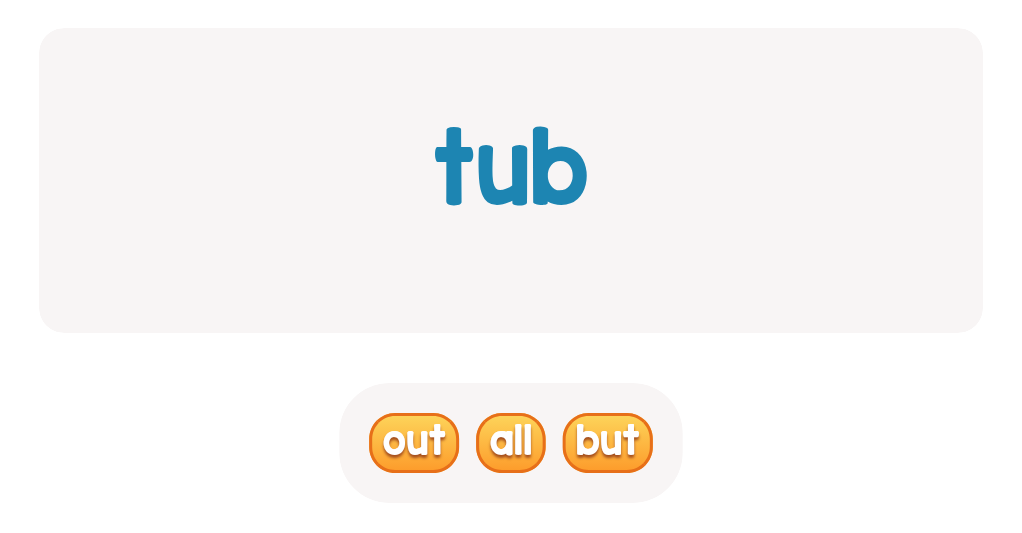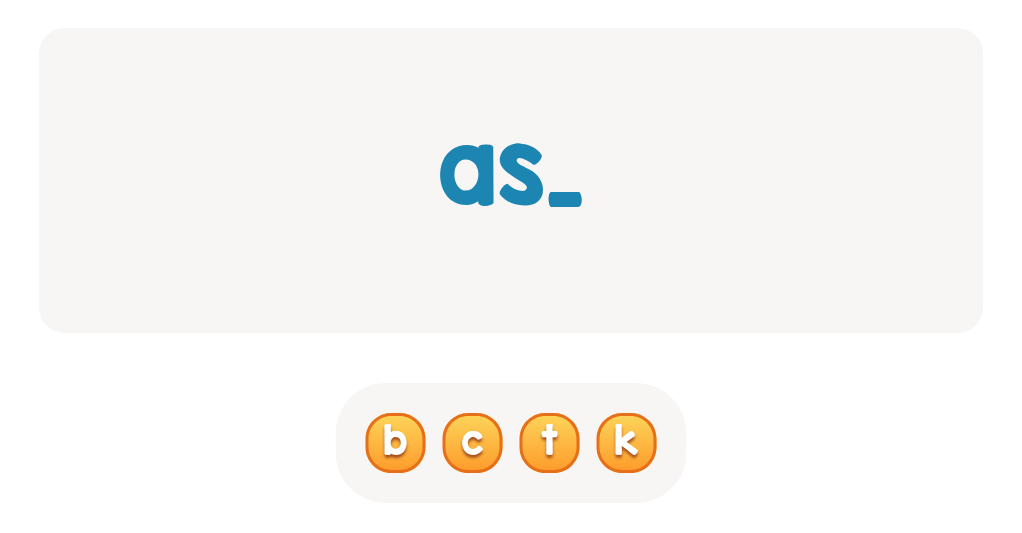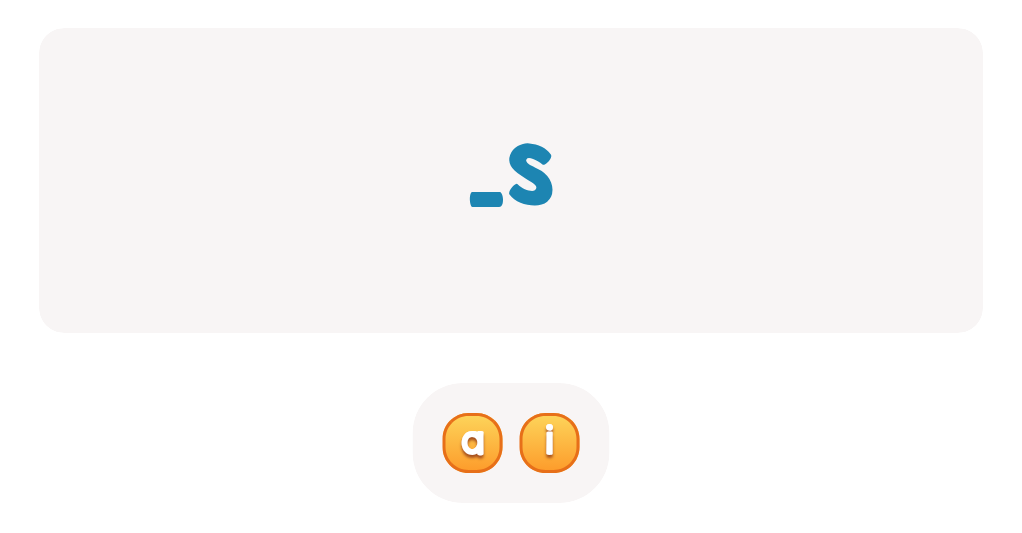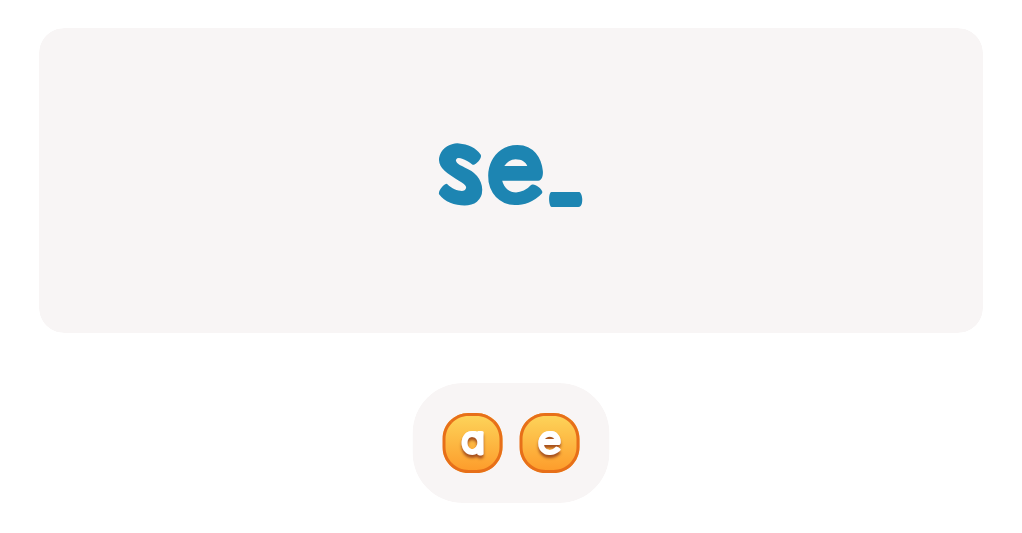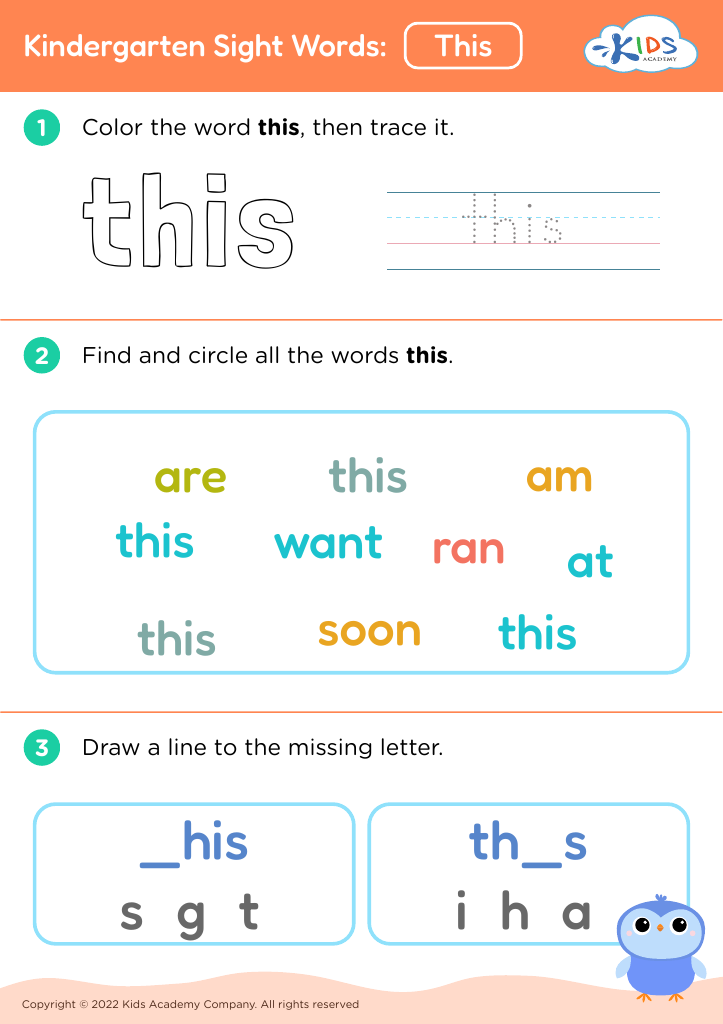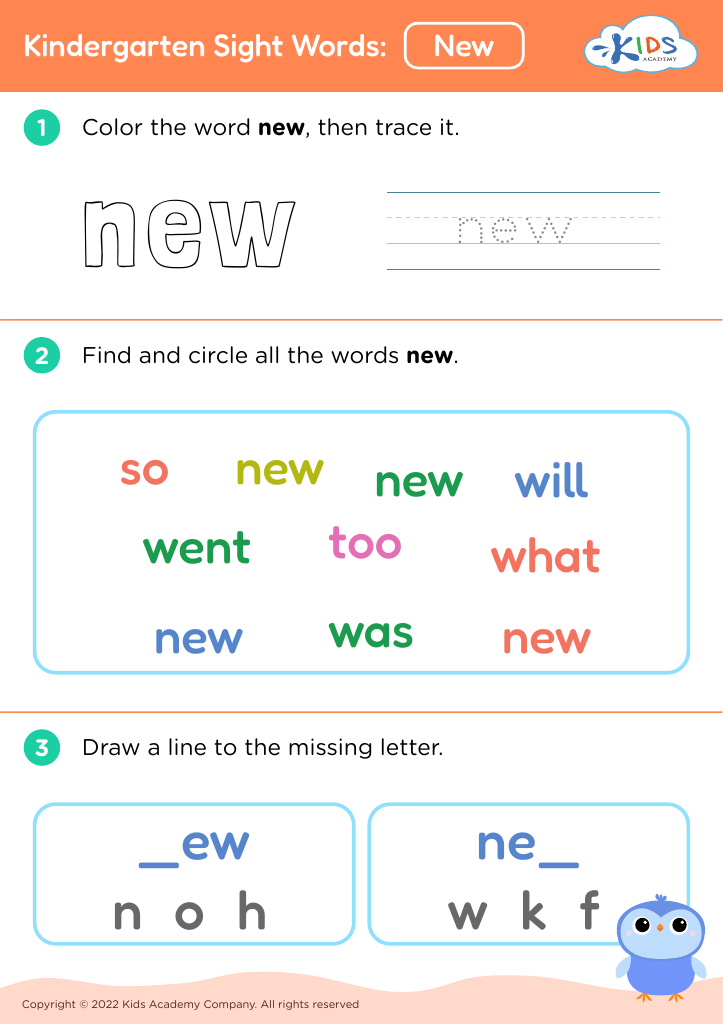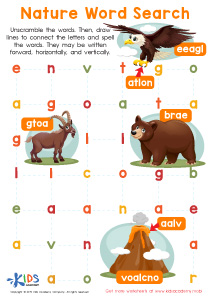Counting practice Sight Words Worksheets for Ages 5-7
5 filtered results
-
From - To
Boost your child's literacy and numeracy skills with our Counting Practice Sight Words Worksheets designed for ages 5-7! These engaging worksheets seamlessly combine counting exercises with essential sight words, helping young learners develop a strong foundation in reading and mathematics. Each worksheet encourages children to identify, read, and write frequently used sight words while incorporating counting tasks that promote number recognition and basic arithmetic. Ideal for home or classroom use, our interactive resources provide an enjoyable learning experience that fosters confidence in both reading and math skills. Download these printable worksheets today and watch your child's abilities soar!
Counting practice and sight words are foundational elements in early literacy and numeracy for children aged 5-7. Parents and teachers should prioritize these skills because they support critical cognitive development at a crucial stage in a child's learning journey.
Counting practice enhances number recognition, understanding of quantity, and basic mathematical operations, all of which are essential for future math skills. When children learn to count, they also develop the ability to recognize patterns and make predictions, which are vital in both mathematics and logic.
Sight words, on the other hand, are commonly used words that children should recognize by sight to develop reading fluency. As these words often don’t follow regular phonetic rules, memorizing them enables kids to read more smoothly and enhance their comprehension, helping them enjoy and engage with stories and texts more fully.
Moreover, fostering these skills builds confidence in young learners. When children can easily count or read basic sight words, they feel empowered in their abilities. This positive self-esteem encourages them to tackle more challenging material, setting a solid foundation for lifelong learning. Therefore, recognizing the importance of counting practice and sight words is essential for parents and teachers aiming to support children's growth and academic success.

